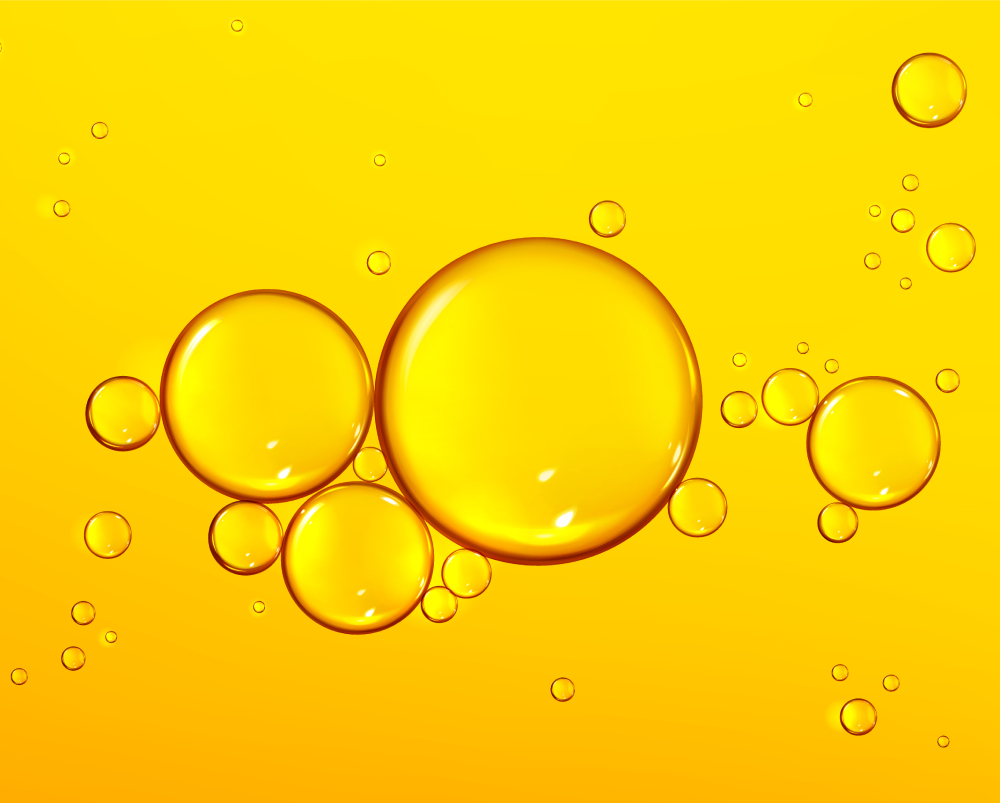Free Shipping on Orders over $25
Hello, Guest!

Considered the gold standard in skin care by dermatologists, Vitamin C acts as an anti-inflammatory agent, stimulating collagen production, preventing sun damage, and smoothing uneven skin tones.
Vitamin C has been shown to reduce the appearance of fine lines and wrinkles, stimulate collagen production, prevent sun damage, improve skin texture and tone while also reducing acne scars.where it can strengthen connective tissues while reducing wrinkles and improving elasticity.
Vitamin C is an essential nutrient, which means the body cannot make it on its own. A powerful antioxidant, it is essential for tissue growth, collagen production, and wound healing. Vitamin C is an integral part of our bodies’ complex antioxidant mechanism for eliminating free radicals, which are a catalyst for premature aging.
The most popular form of topical Vitamin C is L-Ascorbic Acid because it is more stable than other forms, like Ascorbyl Palmitate or Sodium Ascorbate.
However, there are other forms of Vitamin C that are shown to be more bioavailable than L-Ascorbic Acid. These forms include Magnesium Ascorbyl Phosphate, Tetrahexyldecyl Ascorbate, and Palmitoyl Oligopeptide-78 with Retinol Succinate.


Retinol is a powerful anti-aging ingredient that corrects photoaging, hyperpigmentation, and decelerates the appearance of aging in the dermis. It brightens, tones, and refines skin texture, addressing sun damage, hyperpigmentation, dullness, and wrinkles. It firms the skin and unclogs pores for an exfoliating effect. Soothes treatment-resistant acne and reduces the occurrence of acne scars.
Derivative of Vitamin A. Increases cell turnover rate, addressing slowed turnover due to age. When dead cells accumulate in the dermis, the skin may look dull with more pronounced wrinkles. Retinol works at the lower layer of skin, deeper than AHA’s and Glycolic Acid, to slough dead skin cells. Promotes collagen production.
Topical retinol can be irritating to sensitive skin. Test a low dose before application and always protect the skin against sun exposure with sunscreen while using retinol. Retinol may make the skin more photosensitive.
“Retinoid” is an umbrella term for all forms of retinol, including both over-the-counter and prescription forms. Retinol dilution levels affect its potency. The highest strength retinoid is called Tazarotene.
There are three different types of over-the-counter retinoids:
There are two types of prescription retinol:
Can be applied topically as an anti-aging treatment or taken orally as a supplement.
Encapsulated retinol enhances delivery through the lipid barrier, where it is most desperately needed. This method reduces irritation and is time-released for enhanced results.

Hyaluronic acid is a miracle moisturizer and an essential anti-aging ingredient. It works like a water magnet to hold in more water than any molecule in the body, locking in moisture that helps the skin look youthful. Hyaluronic acid supports the production of collagen, creating firmer, more elastic skin, hydrated skin.
A member of the glycosaminoglycan family, Hyaluronic Acid is found in all tissue in the body. It is vital to the construction of connective tissue and binds up to 1,000 times its weight in water at the cellular level.
Hyaluronic Acid works with collagen in the dermis to improve skin hydration. Collagen productions decline with age. Collagen provides firmness to the skin but Hyaluronic Acid keeps the collagen proteins nourished. When collagen fibers lack Hyaluronic Acid, they lose elasticity and form over time, contributing to wrinkles and lack of firmness.
LMW (Low Molecular Weight) Cosmetic Grade measured 1 million Daltons, works on surface to hydrate skin.
Our patented Hyaluronix™ is created with three different molecular weights of Hyaluronic Acid, plus glucosamine and ceramides to mimic the skin’s structure. This combination mimics the skin’s structure and can pass through the outer layer of the skin, keeping the skin hydrated all day.
Some of the key benefits of Hyaluronix™:

Collagen is the building block for healthy, youthful-looking skin. It is known for its anti-aging properties, reducing the appearance of wrinkles, like crows feet, smoker’s lines, smile lines, and more.
Collagen improves water retention in the skin, keeping it moisturized and elastic. It is essential to maintaining skin firmness and minimizing the appearance of large pores and wrinkles.

Collagen is a group of naturally occurring proteins which accounts for approximately two-thirds of skin tissue. Its role is to maintain the skin’s structure and elasticity.
Starting at age 25, collagen levels begin to deplete at a rate of 1.5% per year. By the time a woman reaches menopause, 45% of collagen production is lost. Environmental factors such as sun exposure and air pollution also contribute to the degeneration of collagen over time.
Collagen supplements and specially formulated topical treatments work by replacing the collagen that is naturally depleted through the aging process.
There are two different types of collagen molecules that affect the skin: Types I, and II. These two types often work synergistically for their anti-aging benefits.
Type I is the most abundant type, accounting for 70-80% of collagen in the body. Type II makes up about 20-30% of the skin’s collagen, but has better water retention properties that create more youthful looking skin.
Collagen cannot be absorbed topically into the skin, so the key is to use topical ingredients that promote collagen synthesis.
Doctor’s Preferred uses an advanced delivery system with peptide technology to stimulate collagen production while protecting existing collagen proteins.
Privacy Policy and Terms
© 2025 One Source Skin Care, LLC. All rights reserved.